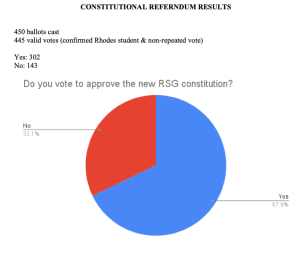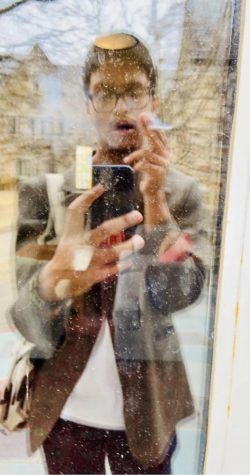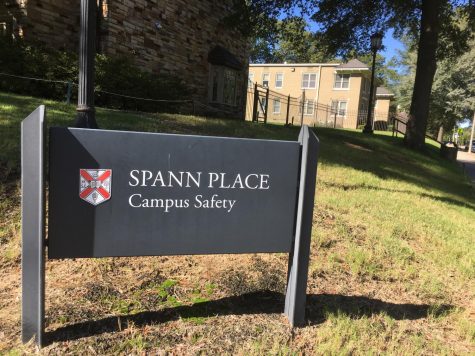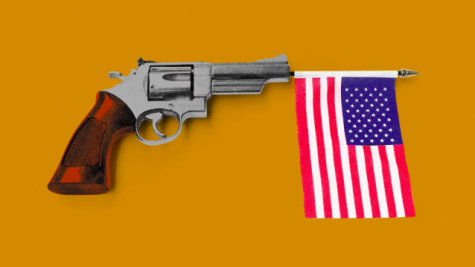The celebration of black death
September 25, 2018
Pain has the capacity to linger. Trauma, however, has the audacity to linger far longer, and in the midst of settling my own pains, I held a conversation with a photograph a week ago today, a traumatic conversation I never thought needed to be had at a place so “accepting” as Rhodes College.
This picture of four strangers (for though they are students here, I’ve never had the special chance of acquainting myself with them directly) throwing up gang signs with the intentions of inflicting pain to those on this campus who, like myself, had already or attempted to reconcile with the losses attached to a culture the subjects of this photo seem so foreign to—a culture their privilege precludes them from ever fully understanding—said a lot about the social climate here at Rhodes. Though the caption sparked immediate controversy that spoke a blatant insensitivity toward particular community members, the picture itself contained subtleties that seemed even more triggering, beginning with their varying facial expressions, all pathetically pretentious to say the least. All except one. In the heart of the picture sat a gentleman with a Green Bay Packers shirt, fingers twisted and his face devoid of all emotion. I had seen this dead glare before; in fact, I recognized it instantly on the faces of loved ones, friends I’d once considered close enough to be family. Friends all casketed away, taking with them bits of my fortitude and inner peace, as a result of the gang culture trivialized in this picture. There were smiles that surrounded that gentleman’s still grimace, and gang signs branded that photo, that is to say, they advertised the breathing plague that cripples these very streets of Memphis, a city approximately 64 percent black, located just outside the campus gates—a campus whose black student body slowly approaches a record-breaking eight percent. But it was the pride they purveyed as they glorified a lifestyle fixated on relinquishing black bodies that was so breathtaking.
This picture, that received over 200 likes in less than 24 hours, was very much a celebration of black death. The celebration of black death, however unfortunate, is not unfamiliar to this campus. It resembles the separation black students feel when isolated by an exceptionally white lecture hall; it resembles the mental fatigue from constant code-switching; it resembles the missing security cameras by the annex; it resembles the respective sock monkey and Yik-Yak incidents; though, it does not resemble the privilege of life without constant disappointment. There is a disappointment, ensuing from afterthought, that lingers, too, like a bad bruise and seems to be the only luxury the black students (or any marginalized student) here at Rhodes can afford. It is a distress stemming from the realization that, no matter the effort, we are viewed only as a black body—a dispensable body, either stigmatized or hypersexualized by fellow students, whose culture is seemingly more substantial to the Rhodes College space than the dynamacy of our character.
I am disappointed not only in the picture, or its caption, but in the acclaim it received. At least 200 of my peers had the audacity to like the photo. In noticing that I struggled with the rationale of why: Why would students that vocalize progressive conceits so wholeheartedly make such a conscious, offensive decision to neglect the well-being of their peers? As I understand it (and I still have yet to settle fully with the trauma these cheap pseudo-solutions produced), these students are either incapable of deciding for themselves what resembles good fun, which reflects terribly on the school itself, or they truly do not hope for their environment to be as inclusive as they portray. I scrolled through the list of likes and saw handles of people who have spoken words of friendship to me, people who have stood before me encouraging me to be vulnerable with them, only for them to support the mockery of the same things they’ve claimed they wanted to help me overcome. This not only revealed the self-absorbed duplicity among the student body, but also the truth of the matter: I am a stranger on this campus. If you cannot find the space within you to fathom this vivid reality, you may have the benefit—the privilege of unconditional life.














